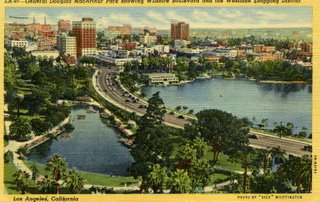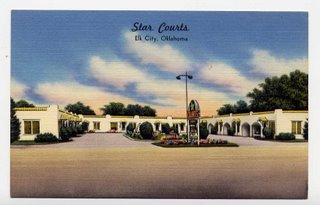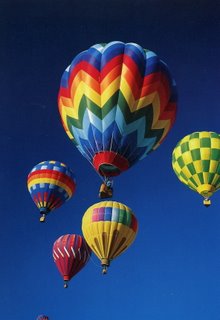 MacArthur's Park is melting in the dark.
MacArthur's Park is melting in the dark.
To listen, click below.
https://www.youtube.com/watch?v=tRwYQgk05DY
Richard Harris - 1968 --
MacArthur Park made its debut on the American charts on 6 May 1968 at #39. It was the first top-40 song to run over 7 minutes.
For years, throughout the 1970s and early 1980s, I proclaimed this to be my all-time favorite song ever. It still ranks right up there, but I’m not sure I have one single number-one favorite any more, just lots of songs I really love. This is one of them.
I absolutely love this song, particularly the Richard Harris rendition, despite the amount of abuse it has taken from critics about some of the lyrics. The music alone is enough to send chills up my spine. The metaphorical lyrics have taken a lot of hits from critics, and the song itself has been panned and parodied and covered by several artists, including “Weird Al” Yankovich, Waylon Jennings, Maynard Ferguson and Donna Summer (I was never sure if hers was a cover or a parody, to be honest). For anyone who has ever had that one great love in their life, against which all others are compared and found wanting, the lyrics are particularly haunting –
After all the loves of my life, yes, after all the loves of my life, you’ll still be the one.
…After all the loves of my life, I’ll be thinking of you, and wondering why.
If you have an ounce of poetry in your soul, these lyrics will speak to you.
If you have an ounce of music in your soul, the two instrumental breaks will call to you over and over.










